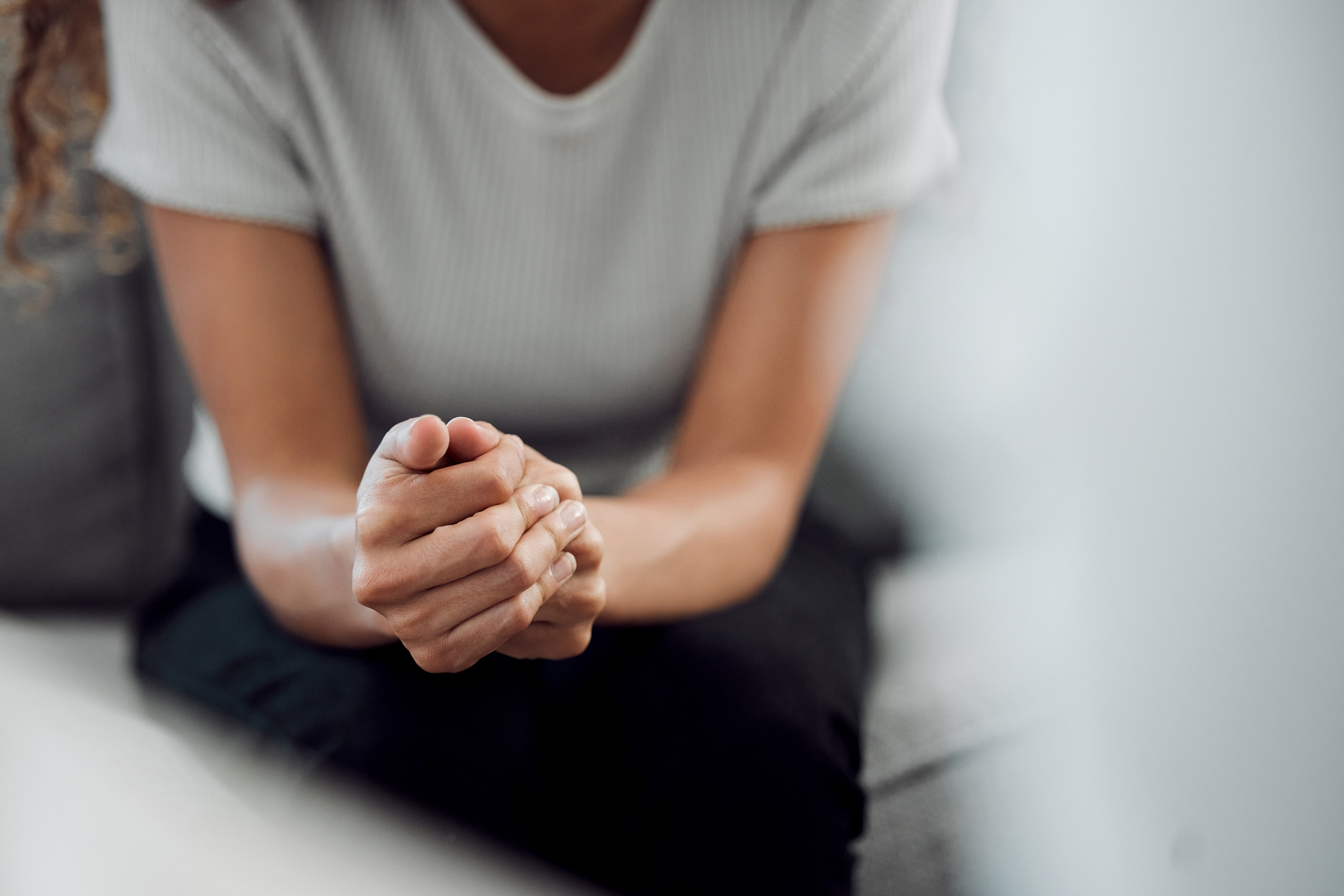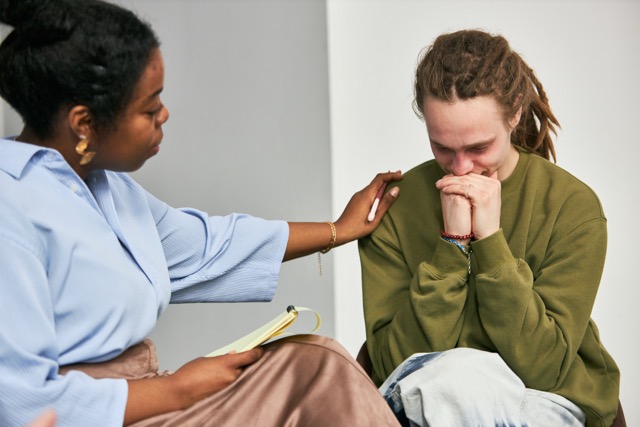A Journey of Healing, Honesty, and Hope
Starting drug rehabilitation can feel overwhelming. Whether it’s your first time entering treatment or a return after previous attempts, the first 30 days are often the most challenging—and the most transformative. If you’re reading this, you’ve either made the brave decision to seek help, or you're supporting someone who has. Either way, knowing what to expect can ease anxiety and build confidence for the journey ahead.
Day 1–3: Detox and Physical Stabilization
For many, the first few days of rehab involve medically supervised detox. During this time, your body is clearing itself of drugs or alcohol. This phase can include withdrawal symptoms ranging from mild (headaches, fatigue) to more severe (nausea, anxiety, seizures—depending on the substance used and length of use).
In a reputable facility, trained medical staff will monitor you closely to ensure safety and comfort. Medications may be administered to ease withdrawal symptoms and reduce cravings. Detox is physically taxing, but it’s also a turning point—your body is beginning to heal.
Tip: Be honest with medical staff about your symptoms and any discomfort. They’re there to help you through it.
Day 4–10: Introduction to Treatment and Routine
Once detox is complete or managed, you’ll begin engaging in the treatment program. Rehab facilities often follow a structured daily schedule that includes:
- Group therapy sessions
- One-on-one counseling
- Educational workshops on addiction and mental health
- Recreational therapy (art, yoga, mindfulness)
- Nutritional support and exercise
You may feel tired, irritable, or emotionally raw—this is completely normal. It’s common to experience mental fog or mood swings as your body and brain start adjusting to life without substances.
Tip: Trust the process. Even if it doesn’t make sense at first, structure and routine are powerful tools for recovery.
Day 11–20: Emotional Awakening and Inner Work
As your physical symptoms stabilize, emotional and psychological healing begins to take center stage. This period often brings intense feelings—grief, anger, shame, anxiety—as the fog lifts and you start confronting what’s been numbed.
Therapy sessions may begin to dive deeper into the underlying causes of your addiction, such as trauma, family dynamics, co-occurring disorders, or unresolved grief. Many people also start exploring 12-step programs or other recovery communities, building the foundation of long-term support.
Tip: Don’t be afraid of your feelings. They're part of healing. Sharing openly in a safe, therapeutic environment is a major step toward freedom.
Day 21–30: Building a Foundation for Recovery
By now, many people begin to experience glimmers of hope. You might notice more clarity, improved sleep, or the return of interests and emotions. You’re also learning coping skills, relapse prevention strategies, and how to rebuild relationships damaged by addiction.
In the final days of your first month, your care team will work with you to create a discharge plan, which might include:
- Outpatient treatment
- Sober living environments
- Ongoing therapy
- Support group recommendations
- Strategies for handling triggers and cravings
Tip: Plan for what comes next. Rehab doesn’t "fix" addiction—it gives you the tools and momentum to keep building a life in recovery.
The First 30 Days Are Just the Beginning
Recovery isn’t linear, and it doesn’t end after 30 days. But the first month can be incredibly powerful. It’s where detox ends and discovery begins. It’s where pain starts transforming into purpose.
If you’re heading into treatment—or supporting someone who is—remember this: it takes courage to begin, strength to stay, and hope to continue. And every single day in recovery is a victory worth celebrating.
If you or someone you love is struggling with addiction, don’t wait. Reach out to a licensed rehab center or helpline. The road to recovery may be tough, but every step is worth it.
Have your own tips or experiences with recovery? Share them in the comments below!
Let’s support each other.
If you need additional help with recovery, visit us in person or contact us at Hope Haven Recovery





.webp)
.webp)